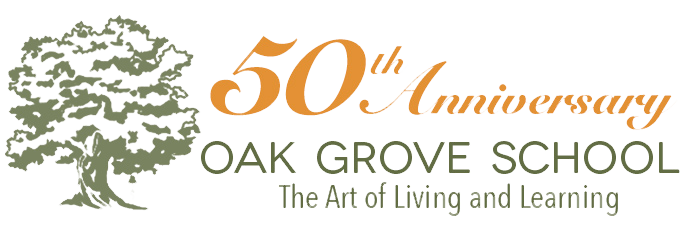Age & Stage Meetings
Ali Danch, our Director of Pastoral Care, School Counselor, and Parent Education Coordinator, talks about our recent and upcoming Age & Stage meetings.
During October and November of this Fall, we had over 100 parenting-adults join Teachers, Program Directors and different campus support staff (Child Development Specialist, Director of Pastoral Care, Occupational Therapist, Head of School) for Age & Stage meetings.
The intention of this type of exploration is to consider the whole child – cognitive, social, and physiological…
These socratic-style meetings offer a rich time for adults to come together to consider the unique developmental stages of children, and to examine the subtle or powerful ways that our own adult experiences come up as we watch our young people move through different moments in time. The intention of this type of exploration is to consider the whole child – cognitive, social, and physiological – and where they are in their journey, welcoming insight on both the delights and puzzles of these different stages of life and growth.
Most meeting attendees have left wanting another hour or two to sit and speak, to share more ideas and connection.
The rest of the Age & Stage meetings will occur in December and January.






